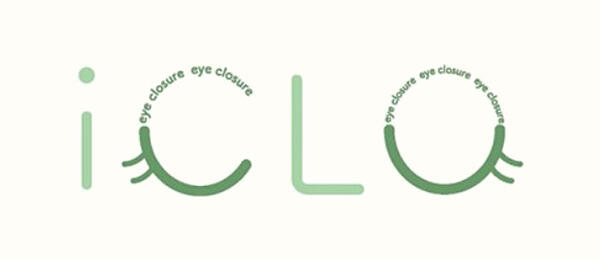In modern times, people who spend a lot of time looking closely at their smartphones and computers every day are at risk of computer vision syndrome, which has symptoms such as tired and dry eyes, headaches and a stiff neck, shoulders and back. The "iCLO" habit, in which these risks can be reduced by simply closing one's eyes for a short time, has been put forth by a research group led by Hiroki Fujita, Director of Fujita Eye Clinic, and Kenji Sano of the Department of Ophthalmology, Tokyo Medical and Dental University, as a new way of resting the eyes in this age of high screen usage.

iCLO is defined as "actively closing one's eyes even for a short period in a safe environment, when they would otherwise just be idly open and when there would be no detriment caused by closing one's eyes." The term was coined from "eye closure."
For example, it is recommended to close your eyes, even for a short time, when you are looking at a screen but do not actually need to focus on it as much.
The timing and length of the eye closure is determined by the user. Although looking into the distance is recommended for eye fatigue, the issue can be tackled even in small rooms where this is not possible. By making it a habit of taking small breaks in increments, the total amount of time spent resting the eyes will increase.
"I hope that an era will come when people, who overuse their eyes, will be able to discard the vast amount of visual information from the outside world by 'opening their eyes' to habitual eye closure using iCLO," commented Fujita.

Provided by Fujita Eye Clinic
In a trial conducted by the research group, subjects who introduced iCLO while they were typing on a computer had significant improvements in dryness, fatigue and blurry vision. Subjects who were introduced to iCLO during the study also significantly increased the number of times they blinked to prevent dryness when their eyes were open.
However, since contact lenses are not designed for prolonged eye closure, wearers are advised to practice with only deep blinking as a precaution.
Several guidelines have been established to improve working environments with regard to breaks when working with computer equipment, but they have all tended to be passive, recommending only regular breaks. Dr. Fujita says that labor productivity can be improved at no cost by consciously implementing iCLO and making it a habit.
iCLO was registered as a Good Practice by the Japan Human Factors and Ergonomics Society and was made available on its website (https://www.ergonomics.jp/gpdb/gpdb-list.html?gddb_id=115 (Japanese)) in late last year. The research group produced an easy-to-understand pamphlet and logo to promote its understanding and practice. The pamphlet can be downloaded by anyone from the website (English).
This article has been translated by JST with permission from The Science News Ltd. (https://sci-news.co.jp/). Unauthorized reproduction of the article and photographs is prohibited.




